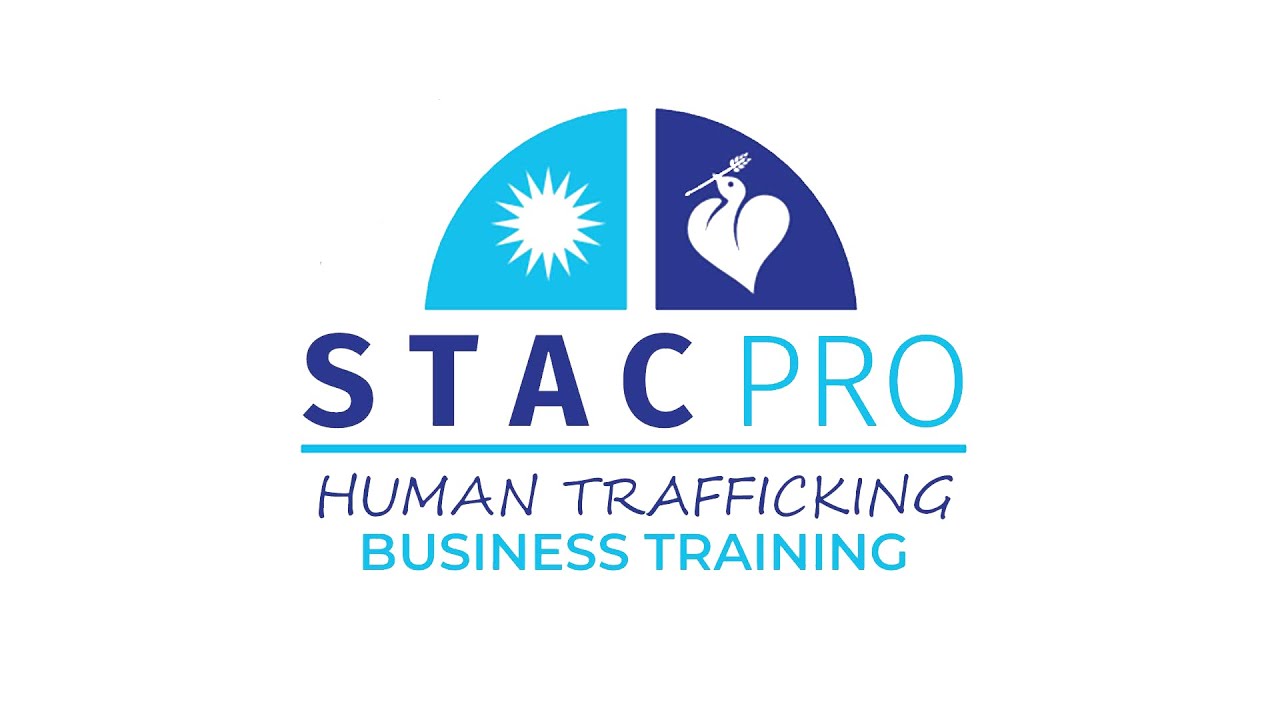
NGOCSTIP – STAC’s Educational Archive has become one of the most comprehensive learning platforms for those addressing human trafficking. As the Survive and Thrive Advocacy Center continues to develop innovative content, educators and advocates now have access to specialized training rooted in real-world experiences. The archive offers a wealth of knowledge through case studies, survivor testimonies, and practical tools. These resources are ideal for professionals seeking effective, trauma-informed strategies. The monthly sessions in 2025 have covered critical subjects such as Unmasking Traffickers and the role of education in empowering survivors. Each training is designed to build skills, strengthen understanding, and support systemic change. Whether someone is a social worker, teacher, or policymaker, the STAC archive provides the foundation needed to educate others and protect vulnerable individuals. The consistent updates ensure that no topic remains static and that learners stay aligned with current challenges and best practices in anti-trafficking advocacy.
STAC’s Educational archive offers more than general information by directly addressing specific trends and emerging threats in human trafficking. In 2025, the training sessions focus on urgent topics such as June’s Unmasking Traffickers and April’s Education Empowers Survivors of Labor Trafficking. These sessions combine practical insights with the lived experiences of survivors. Participants explore complex issues through video lectures and guided discussion modules that encourage reflection and analysis. STAC’s archive blends data with storytelling to build empathy and deliver knowledge that people can act on. Each module targets professionals across different fields, including educators, shelter staff, and legal workers. Users revisit the archive regularly, treating training as a continuous process rather than a single event. STAC updates the archive monthly, keeping the material relevant and helping stakeholders stay informed. This consistent engagement allows participants to expand their understanding with every session and adapt their responses to new challenges.
“Read about: Fighting Human Trafficking: ASEAN Reinforces Migrant Safety Measures”
Educators and advocates benefit from the diverse learning formats featured in STAC’s resources. Case studies, video interviews, and step-by-step lesson plans guide users through complex topics with care and precision. Modules on trauma, immigration, and financial empowerment provide a holistic lens that respects the dignity of survivors. STAC recognizes that learning about trafficking involves more than just knowing the facts; it requires sensitivity to the long-term psychological effects on victims. Because of this, the archive includes techniques to support trauma-informed teaching. For example, trainers are shown how to recognize emotional triggers and adapt lessons to different learning paces. Cultural and linguistic inclusivity is also prioritized throughout STAC’s content, with examples drawn from diverse communities. STAC’s Educational archive ensures that facilitators feel prepared and confident. Professionals who use these tools walk away not only more informed but also better equipped to promote healing and resilience in the populations they serve.
“Read more: 84–91% Effective: Clesrovimab Gains FDA Approval to Protect Babies from RSV”
STAC promotes collaboration and ensures that its materials benefit more than just individual learners. Trainers and educators regularly use many of the sessions in group settings such as school districts, advocacy centers, and nonprofit workshops. By fostering community-based learning, STAC encourages discussions that often lead to collective change. The program’s designers created each session to be flexible, allowing educators to adjust the content for different age groups and audiences. STAC’s Educational resources live actively in classrooms, boardrooms, and legislative meetings, rather than remaining unused. These tools help participants build a unified understanding of how trafficking operates and how various sectors can respond effectively. Survivor voices contribute directly to the training content, offering real-life context and challenging harmful stereotypes. This kind of shared learning often leads to policy changes and stronger victim support systems. STAC delivers a model of education that informs, engages, and transforms communities at every level.
The fight against trafficking requires constant adaptation, and STAC responds to that need by updating its archive frequently. Content is curated by experts who monitor national and international trends in trafficking and protection. Legal updates, shifts in migration policy, and technological threats are quickly reflected in new training sessions. STAC’s Educational materials are therefore always aligned with the present moment.
Advocates can trust that what they learn is both timely and practical. The center also integrates feedback from past session participants to refine future content. This responsiveness ensures that the educational archive does not become outdated. Instead, it evolves with the needs of the field. In 2025, STAC’s focus on digital safety, financial recovery for survivors, and collaborative prevention strategies has made it one of the most trusted learning platforms in advocacy circles. In a world where traffickers adapt fast, STAC’s ability to keep its training relevant makes all the difference.